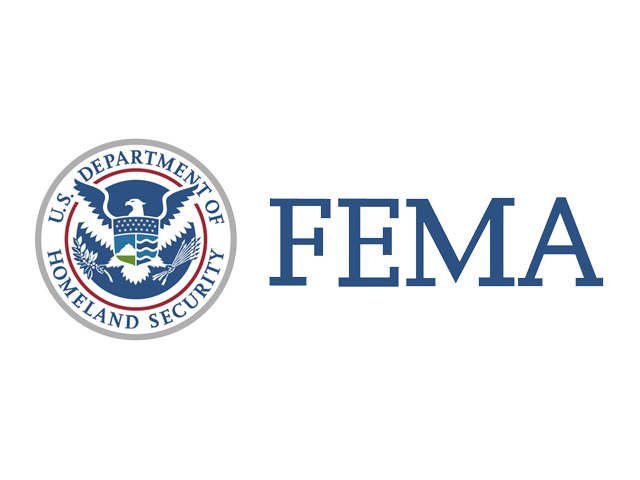 The Virginia Department of Health has revised its quarantine guidance for COVID-19, for non-high risk situations. If person is exposed to COVID-19, but has tested positive for and recovered from COVID-19 within the last 6 months, or is up to date on vaccines – or both – that person will no longer be recommended to quarantine, but rather should monitor for symptoms and follow isolation protocols should they appear. See full VDH release below.
The Virginia Department of Health has revised its quarantine guidance for COVID-19, for non-high risk situations. If person is exposed to COVID-19, but has tested positive for and recovered from COVID-19 within the last 6 months, or is up to date on vaccines – or both – that person will no longer be recommended to quarantine, but rather should monitor for symptoms and follow isolation protocols should they appear. See full VDH release below.
(RICHMOND, VIRGINIA) – The following statement is from State Health Commissioner Colin M. Greene, MD, MPH, in regards to recent updates to Virginia Department of Health (VDH) guidance on COVID-19 isolation and quarantine.
“As COVID continues its progression from an acute pandemic to a more endemic state, we must continually reassess our recommendations to the public and our fellow agencies, considering not only potential disease effects, but also unintended non-clinical consequences of any restrictions. CDC evidence suggests that well over 75% of children possess post-infection immunity to COVID-19, in addition to any vaccine-derived protection. Adult rates of immunity, between vaccination and post-infection, likely exceeds 90%. Further, there is evidence that post-infection immunity may be effective for 6 months or longer. It is time to revisit some of our practices for groups that are at low risk for severe COVID-19 disease, especially those whose side effect is a significant limitation of access to daycare, school, or work.
“Effective immediately, VDH will be revising its quarantine guidance for COVID-19. Specifically, for non-high risk situations, if a person is exposed to COVID-19, but has (1) tested positive for and recovered from COVID-19 within the last 6 months, or (2) is up to date on vaccines, or both, that person will no longer be recommended to quarantine, but rather should monitor for symptoms and follow isolation protocols should they appear. Note that this varies slightly from CDC guidance, which defines the post-infection immunity period as 90 days.
“This change will apply to the general public, including but not limited to settings such as K-12 schools and early childhood education settings. Out of an abundance of caution, we will retain the 90-day standard for higher-risk situations, including healthcare workers, staff and residents of long-term care facilities, correctional facilities, and homeless shelters.



